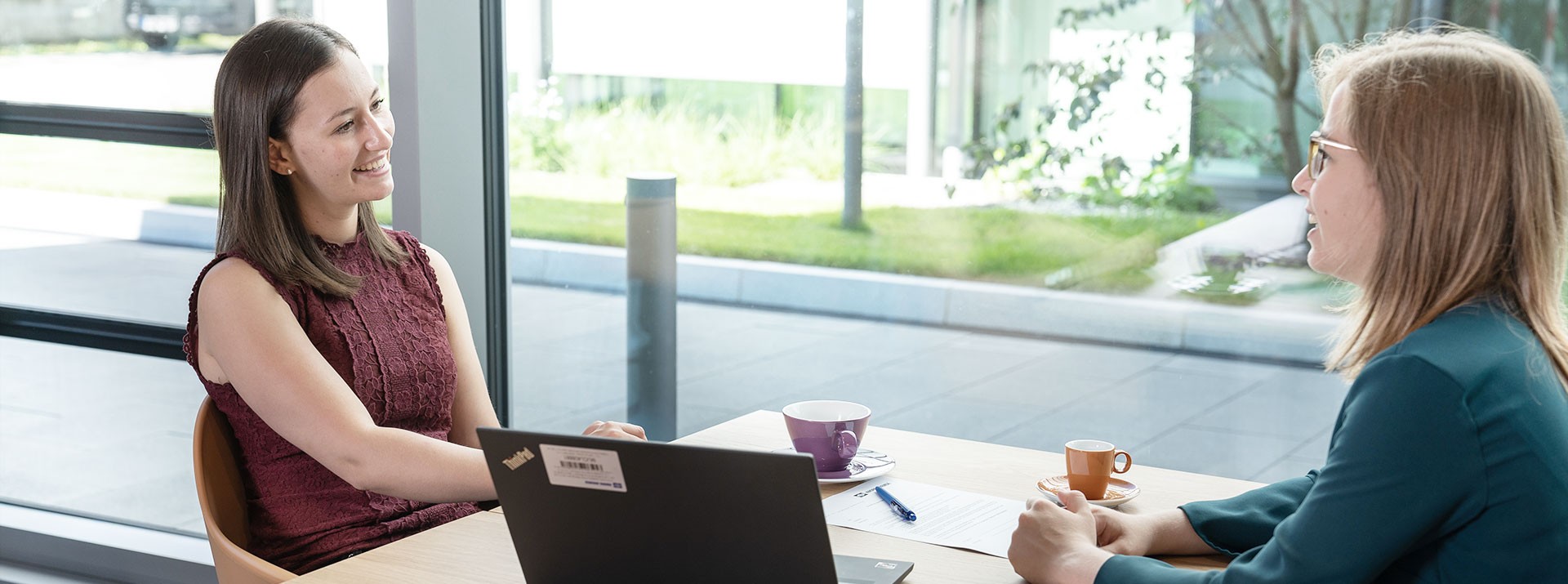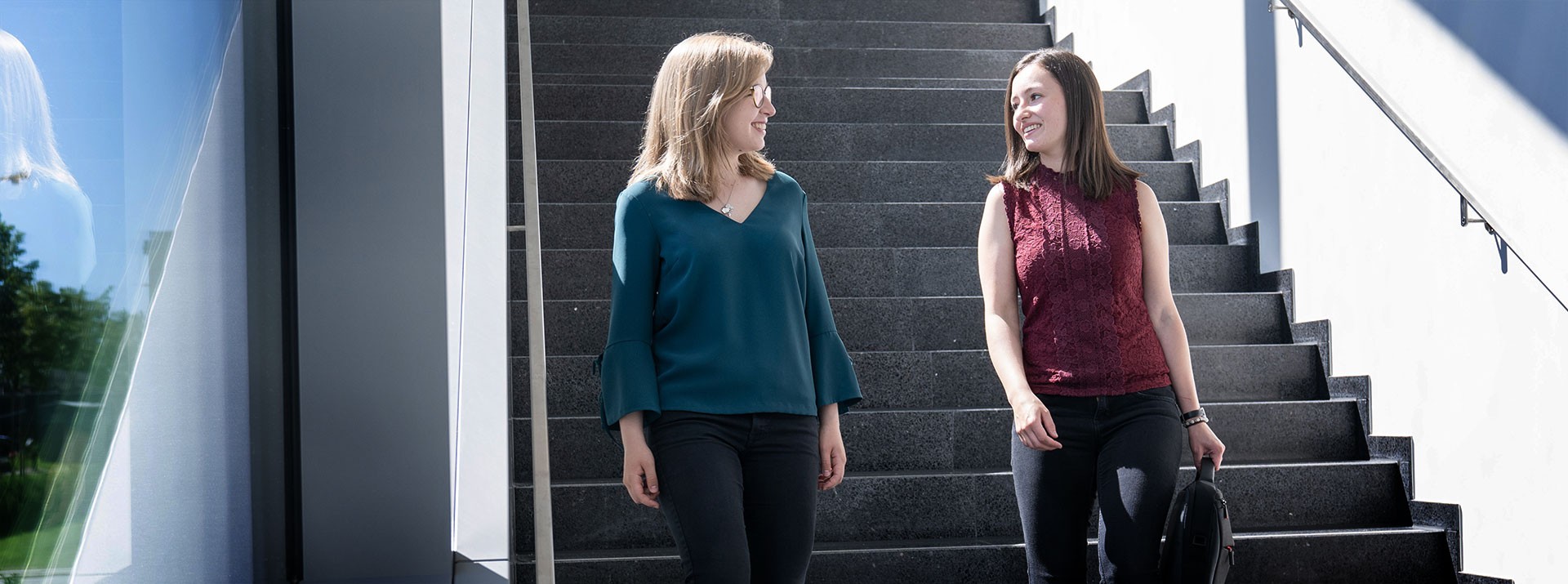Glad to have left the classroom for good? Keen to get stuck into practical work while still keeping your career opportunities in mind? Want to combine an academic degree with real professional applications of your course content? The pitch goes down well with many high school graduates. For those who find vocational training not academic enough, and a purely university-based degree too heavy on the theory, the dual study program is a well-balanced option. Knorr-Bremse is one of the companies offering this 3-year, practice-oriented study program in Germany. In this interview, dual students Lena Weiss and Eva Karger give some insights into their day-to-day work at Knorr-Bremse and reveal what has changed for them since the Covid-19 pandemic.
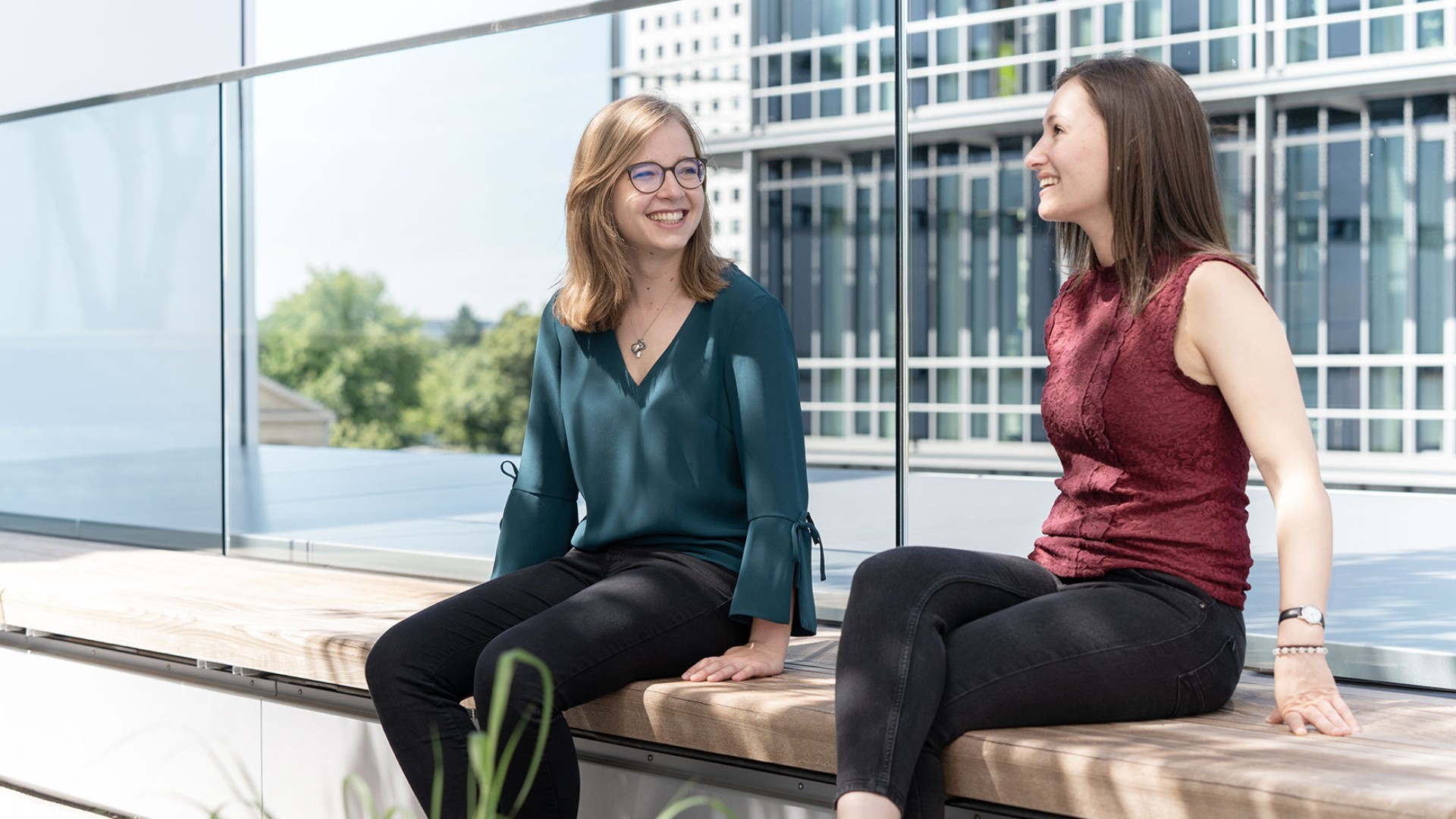
Why did you opt for a dual study program?
Eva Karger: I chose the dual study program because it allows me to gain a wealth of practical experience. For me, the varied alternation between theory and practice, along with the direct contact with a company, is still the strongest argument in favor of the dual study program. Besides, I was keen to be financially independent from my parents during my studies by earning a regular income.
Lena Weiss: I wanted to be able to apply what I had learned in my studies directly in a practical setting. The dual study program is the perfect way to do that. This connection makes it much easier for me to absorb and apply new information. During the dual study program in particular, I have realized how many insights and experiences you simply couldn't gain at university. These include aspects such as the culture in an international company, working in different teams and with different departments, and the practical training courses.
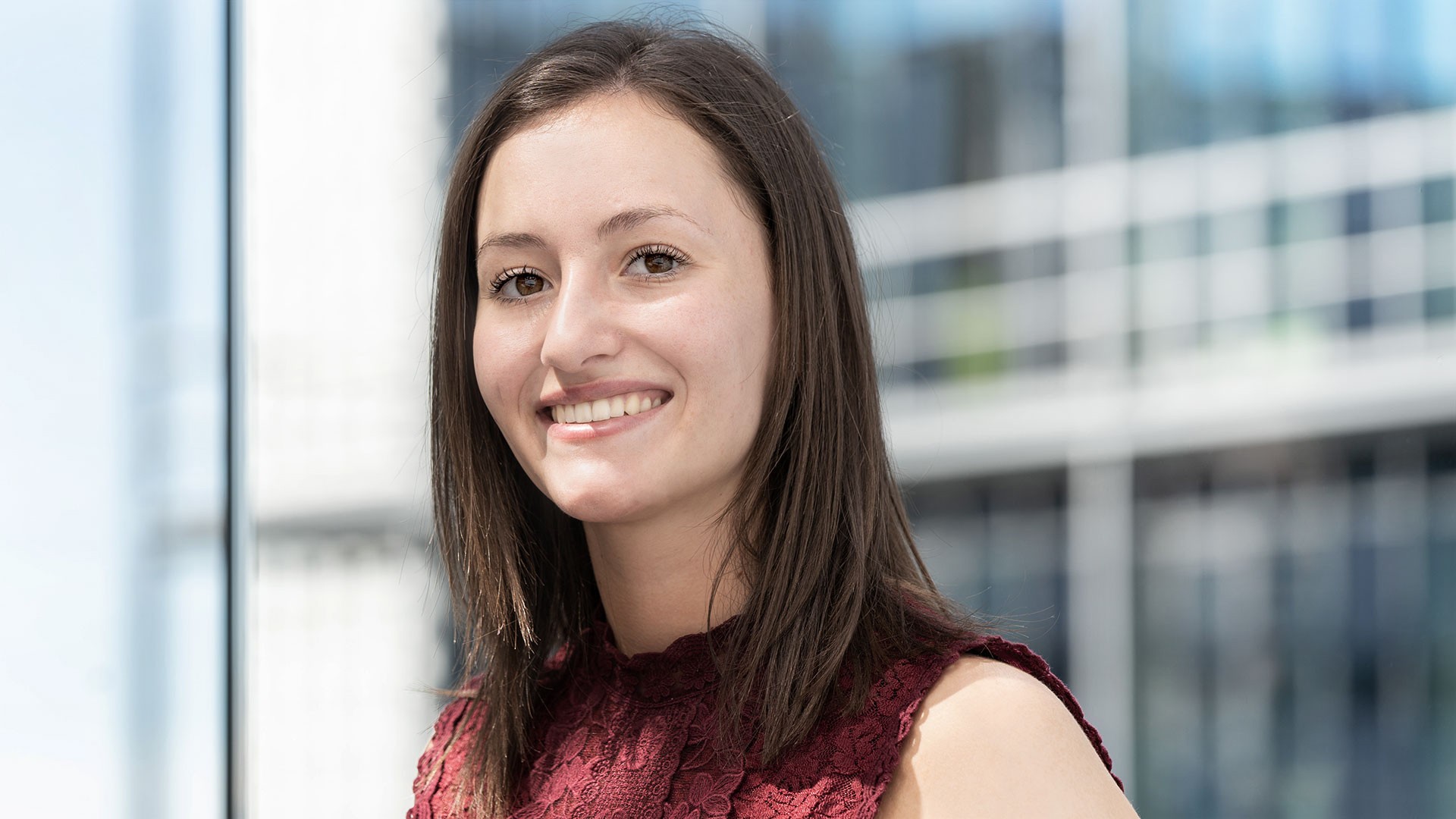
I chose the dual study program because it allows me to gain a wealth of practical experience. For me, the varied alternation between theory and practice, along with the direct contact with a company, is still the strongest argument in favor of the dual study program.
Eva Karger – Dual student at Knorr-Bremse studying Industrial Engineering
How did you hear about the study program at Knorr-Bremse?
Eva Karger: I was searching specifically for companies in Munich that offered the dual study program, and eventually I discovered Knorr-Bremse's offer through the "Indeed" platform.
Lena Weiss: After hearing about Knorr-Bremse's dual study program at the "Traumberuf IT & Technik" career fair in Munich, I researched the company further on online and then applied directly.
What made you choose Knorr-Bremse as your employer?
Eva Karger: I was invited to a few interviews, but Knorr-Bremse was a clear favorite. I had always wanted to work in a large, international company. I then had a very friendly interview at Knorr-Bremse and was given a choice of which company departments I would like to work in. Many of my fellow students didn't have this freedom. I was also excited about the opportunity to spend a semester abroad at an international Knorr-Bremse location during the practical phase.
Lena Weiss: Knorr-Bremse offers a great introduction to the professional world. On the one hand, you get to know a globally active company, and on the other hand, the size of the company is still manageable enough for you to get to know many areas in more detail. This means you can make valuable contacts and gain a great deal of experience. I was also impressed by Knorr-Bremse's sustainable products, as I like to travel using public transport myself. I also have particularly positive memories of the extremely friendly and open interview!
How is the dual study program at Knorr-Bremse organized?
Eva Karger: The theory and practical phases alternate every 3 or 6 months. I am in my sixth semester of Engineering Management and spend my theory phases in Friedrichshafen, where I can fully focus on my studies. At the end of each theory phase, there are exams and assessments. During the practical phases, I work at Knorr-Bremse. In the first semester I learned my way around the training workshop. I was then given the chance to choose a department that particularly interests me, and I was given my own project to work on there.
Lena Weiss: I'm studying Business Informatics. In this course, the three-month theory phases at Ravensburg University of Cooperative Education alternate with three-month practical phases at Knorr-Bremse in Munich. Each theory phase corresponds to one semester – followed by exams. During each practical phase I had the chance to get to know a new department at Knorr-Bremse. I particularly liked the fact that Knorr-Bremse gave me the freedom to choose which department I wanted to work in, which does not happen in many other companies. This meant that I was able to explore a number of different areas over the course of my studies and, in the end, specialize in the area that interested me the most.
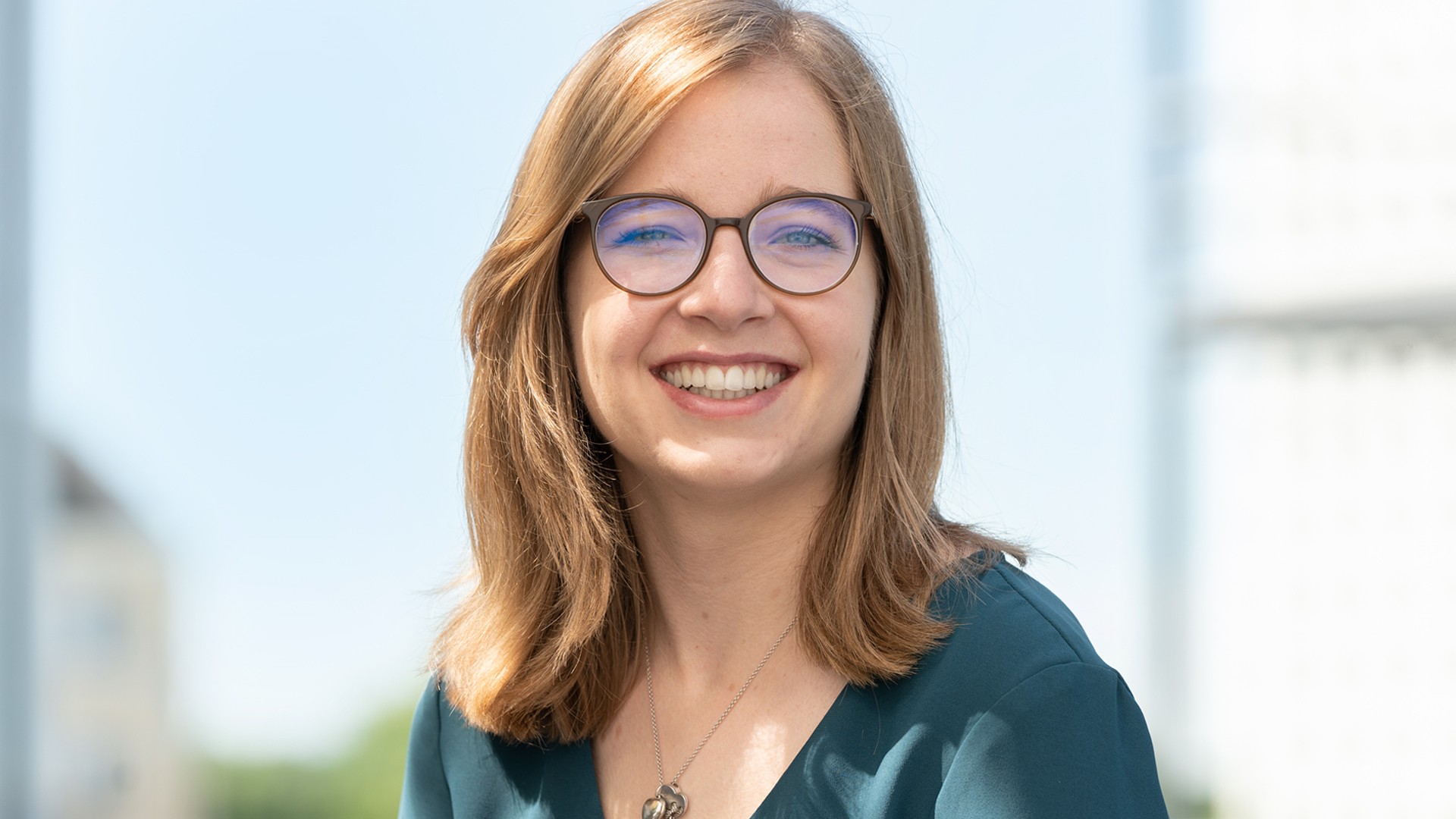
I'm studying Business Informatics. In this course, the three-month theory phases at Ravensburg University of Cooperative Education alternate with three-month practical phases at Knorr-Bremse in Munich.
Lena Weiss – Dual student at Knorr-Bremse studying Business Informatics
What projects have you worked on at the company?
Eva Karger: My current project at Knorr-Bremse is also my bachelor thesis. I'm working on the selection and introduction of a new tool for reviewing system milestones in braking projects within the Rail Vehicle Systems division. I'm really enjoying this because I'm learning a lot about process optimization and digitalization while working in a really nice team. I also greatly enjoy the element of international exchange with locations around the world. I was meant to go to Budapest for six months in April 2020. Unfortunately, the Covid-19 pandemic got in the way and I had to cancel my placement. But I'm sure there will be another chance around the corner.
Lena Weiss: I was lucky enough to spend three months at the Melksham site in England from January to March 2020, just before the Covid lockdown was imposed. I mainly worked in the IT department there. It was especially interesting to gain valuable insights into other departments, which gave me a better understanding of their working methods. In the subsequent practical phases, I developed dashboards in the Business Intelligence department in the scope of a project that also formed the basis of my bachelor's thesis.
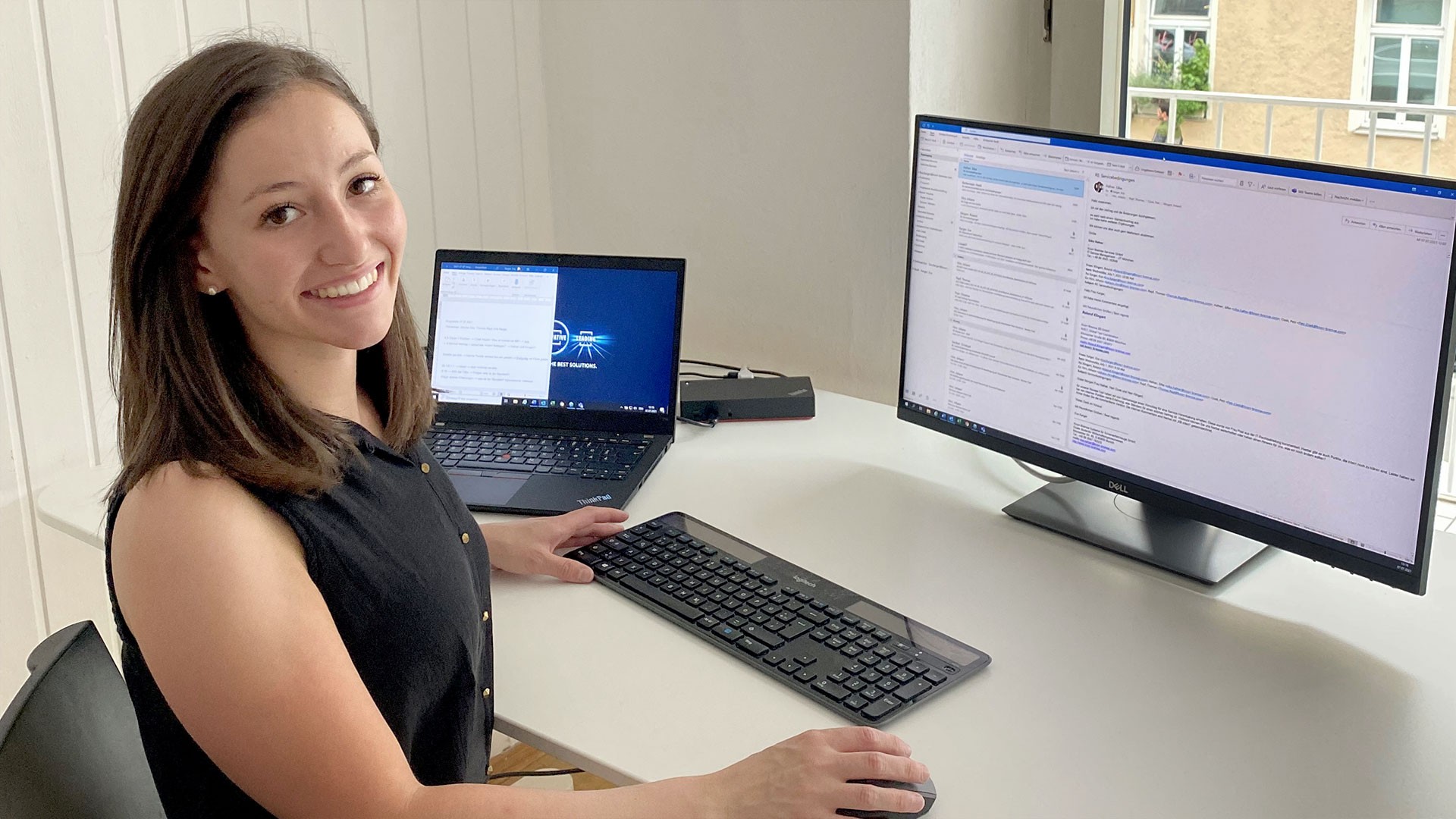
How has the Covid-19 pandemic affected your day-to-day work?
Eva Karger: Since March 2020 we have been working almost entirely remotely. It's working out just great. Most employees are in home office and meetings are held on MS Teams. What's fascinating is that I've been working with some people for a year now, yet I've hardly ever met them in person. Thanks to digital workflows and video chats, we are still able to maintain very good working relationships.
Lena Weiss: The university succeeded in converting its courses and lectures to online teaching within a very short period of time. That meant we could still be taught all of the course content. The written exams continued to be held in person when the pandemic situation allowed. Nevertheless, at first we all found it challenging from time to time – but by now both the students and the lecturers have come to appreciate the benefits of online teaching. I've only been to the Knorr-Bremse site on a few occasions since my stay in England. Nevertheless, little has changed in terms of the practical phases. The interaction with my colleagues is very straightforward and trusting. I was able to complete a project and write my bachelor's thesis without any further problems, which I am very happy about.
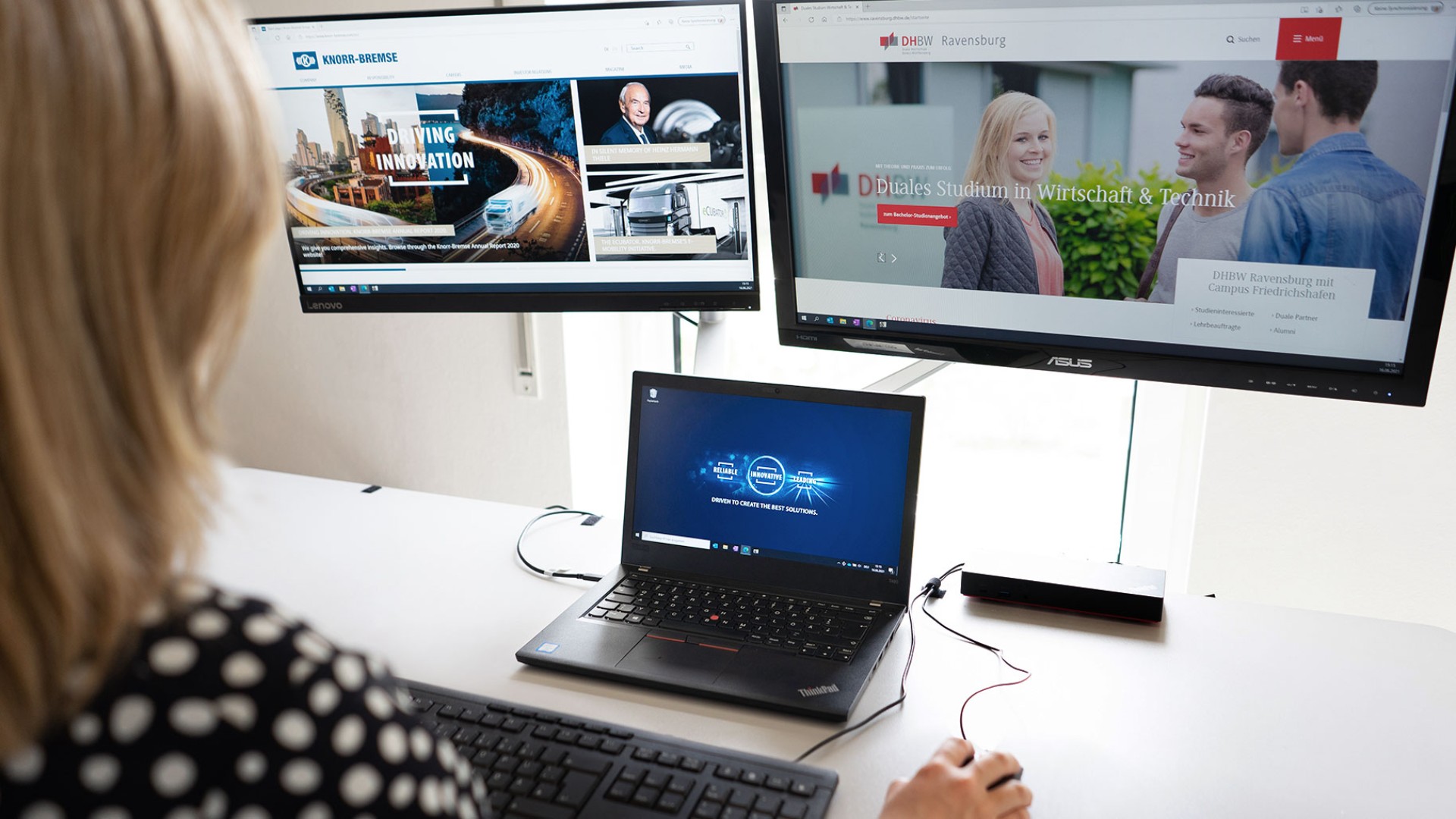
What tips do you have for prospective students?
Eva Karger: I can only recommend the dual study program. It's great fun and you learn a lot – especially during the practical phases.
Lena Weiss: Being somewhat independent makes your everyday life as a student much easier. Apart from that, believe in yourself! And if you think the dual study program at Knorr-Bremse is right for you, then apply as soon as you can.
What's next for you after graduation?
Eva Karger: After graduating with a bachelor's degree in September of this year, I would like to continue my studies in the field of Business Informatics. I have already received confirmation from Knorr-Bremse that I will be taken on as a student trainee in my current department and can dive deeper into my current project. That was great news for me!
Lena Weiss: I am very pleased to have been taken on directly by Knorr-Bremse and even to remain in the area where I was working during my last two practical phases. In July I'll already be starting in my new department as a Data Engineer.
Dual study at Knorr-Bremse at a glance
- 3-year, practice-oriented degree program
- Available courses: Mechanical Engineering, Engineering Management, Informatics, Business Informatics and Electrical Engineering
- Partner universities in Friedrichshafen, Ravensburg, Stuttgart and Deggendorf
- Rapid integration into the professional world and very strong chances of being taken on by the company
- Salary with many additional benefits right from the start
- Work and study abroad
- Individual support
- Further training opportunities
- Flexible working hours
Info
You can find more information about the dual study program at Knorr-Bremse on our Career website.
In case of any questions please feel free to contact
Florence Broecheler, Head of Training in Munich
Email: florence.broecheler@knorr-bremse.com
